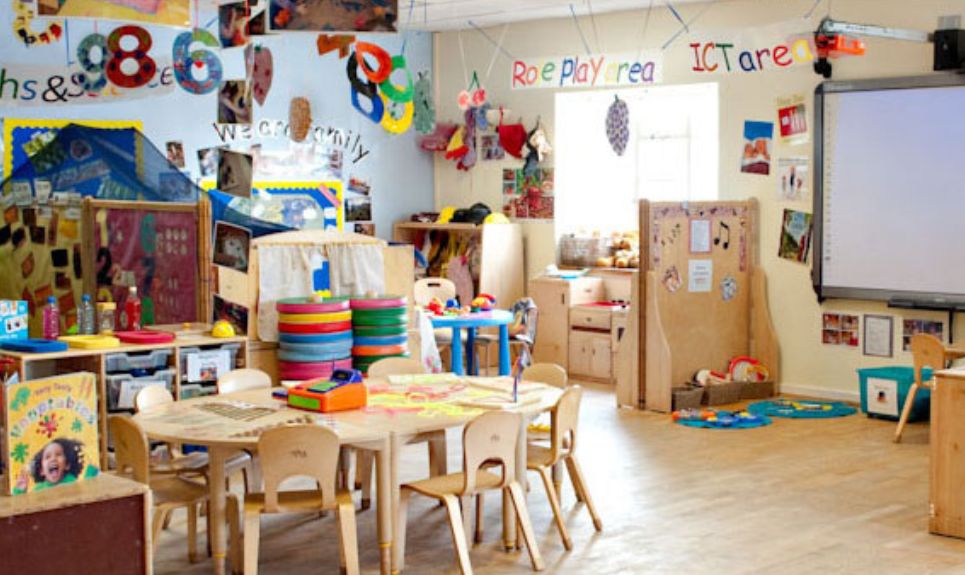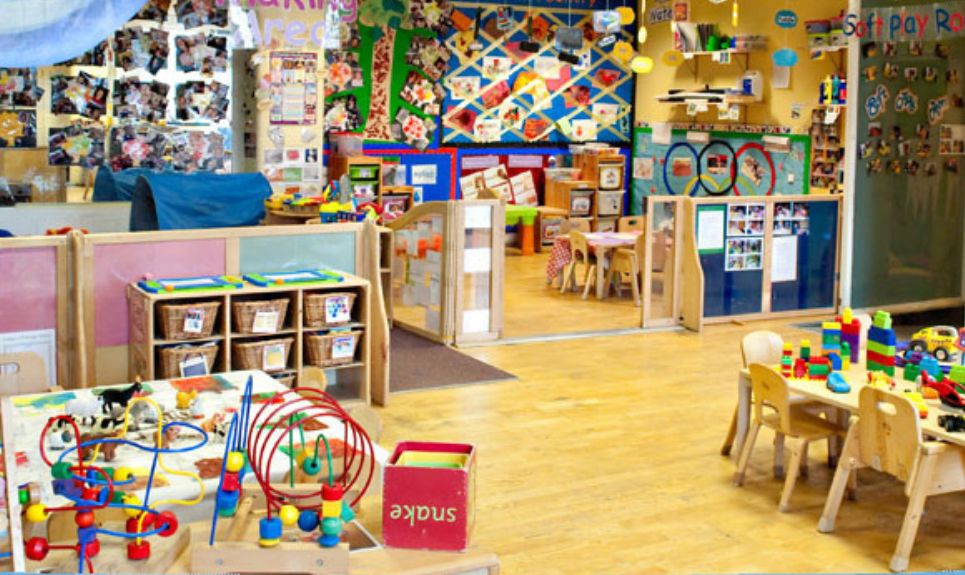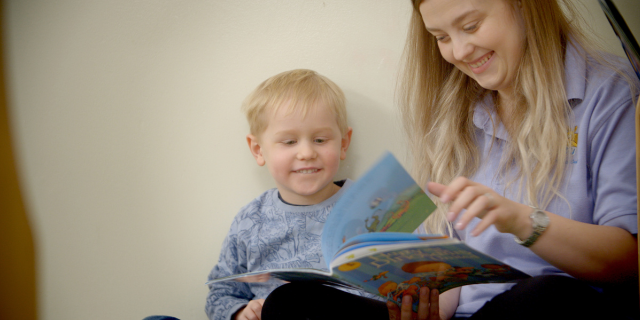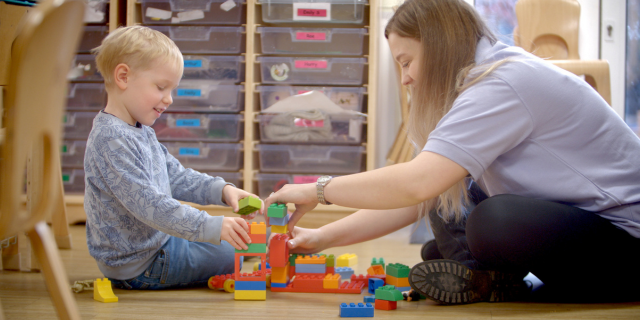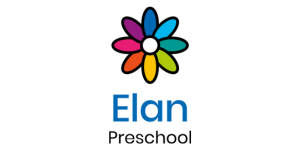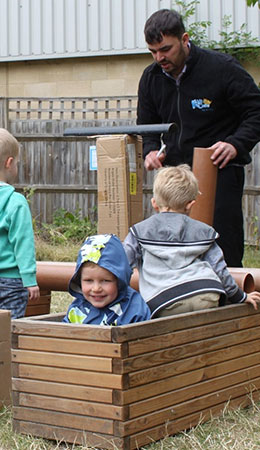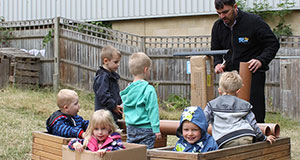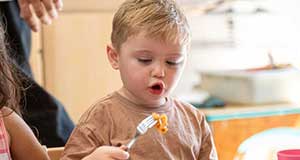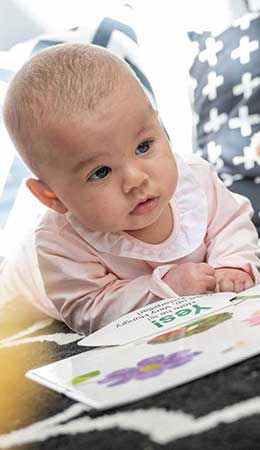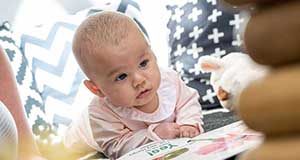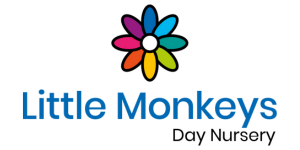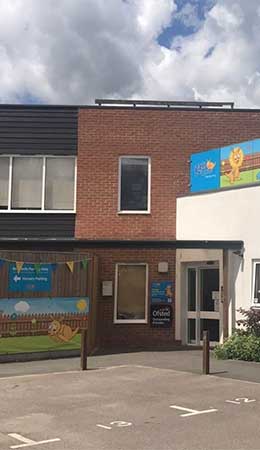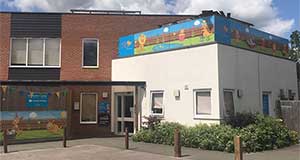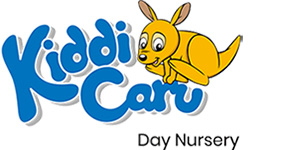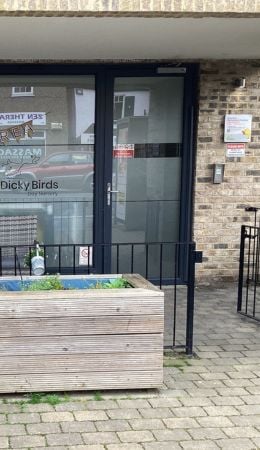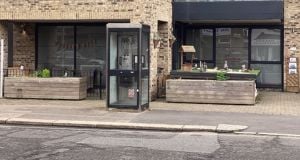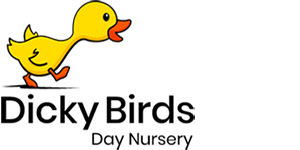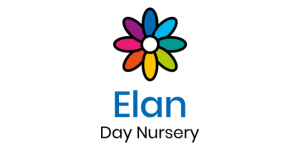
Elan Day Nursery in Haywards Heath
Opening Times
Mon to Fri: 07:00am to 6:00pm
Address
59 Perrymount Road, Haywards Heath West Sussex, RH16 3DR 0-3
Contact
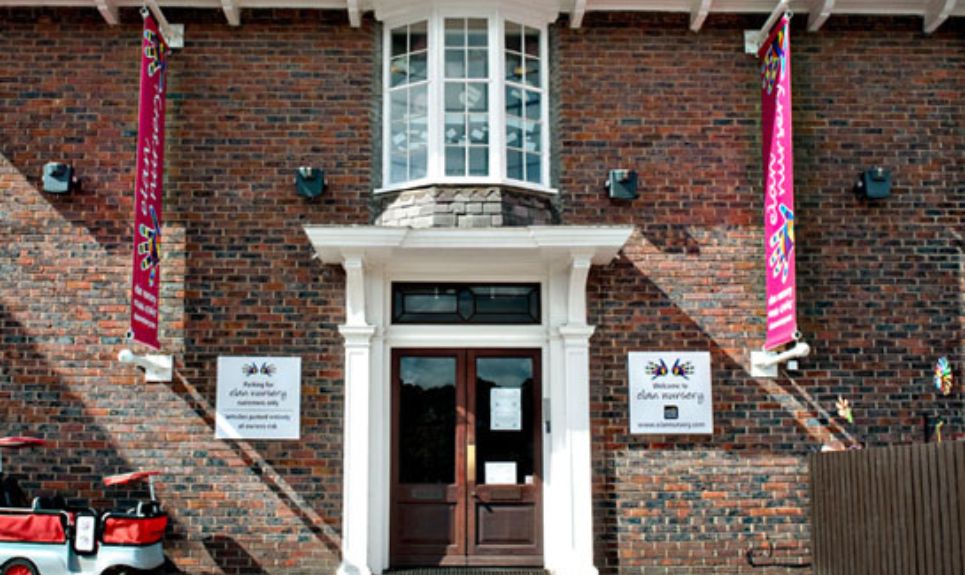
Nursery gallery
Swipe to see more photos of our nursery
Welcome to our nursery in Haywards Heath!
Our day nursery on Perrymount Road provides phenomenal care and educational programmes for those aged between zero and three, inspiring a lifelong love of learning.
Our rooms are fully resourced, and create an amazing space for your child to grow, flourish and develop their skills. Our dedicated team are highly experienced and qualified to look after your little ones in a safe and stimulating environment.
Our Elan Day Nursery is situated close to our Elan Preschool, and Haywards Heath train station, so there’s plenty for your children to explore in the surrounding areas, as well as continue their journey with Grandir UK.
Once your child arrives at our Elan Day Nursery, they can expect a warm welcome into the world of education – no matter their needs – as we incorporate our teachings for children with special educational needs and disabilities (SEND).
At Grandir UK, every child’s needs are at the forefront of what we do! Our team encourage your child to realise their unique potential, whilst providing a fun place for your little ones to learn and develop!
The team at our Elan Day Nursery on Perrymount Road would love to meet you and your little ones, so plan a visit and learn more about our exceptional childcare!
Why choose our Elan Day Nursery?
- Trained and qualified staff
- Enclosed garden space
- Yummy, nutritional meals
- Welcoming environment
Meet the manager

Vicky Hardy
Nursery Manager
Vicky has worked within the early years sector for over 12 years. Vicky has been the Nursery Manager of Elan Nursery since 2021. Over this time, she has extended her knowledge by completing qualifications - Level 3 in Early Years Child Development and Care, accredited Health and Safety Officer, accredited Mental Health Officer, Therapeutic Play, Level 3 accredited SENco, as well as achieving a First-class BA Hons in Early Childhood studies. Vicky brings a wealth of knowledge, passion, and experience into leading her team, working in partnership with families and delivering high quality education.
Vicky has worked within the early years sector for over 12 years. Vicky has been the Nursery Manager of Elan Nursery since 2021. Over this time, she has extended her knowledge by completing qualifications - Level 3 in Early Years Child Development and Care, accredited Health and Safety Officer, accredited Mental Health Officer, Therapeutic Play, Level 3 accredited SENco, as well as achieving a First-class BA Hons in Early Childhood studies. Vicky brings a wealth of knowledge, passion, and experience into leading her team, working in partnership with families and delivering high quality education.
Parent Info
Visit our hub full of learning activities, play ideas and nutritious recipes for you and your little one to try at home. All approved by our early years specialist teams and designed to aid development.

Food and nutrition
Explore our nutritious and tasty recipes.

Activities
Take a look at our fun and educational activities.
Ready to book a visit?
Find the perfect place for your family and book a nursery visit today.
Read our blog
Swipe to see our latest articles.
Events near you
Swipe to see our local events.
